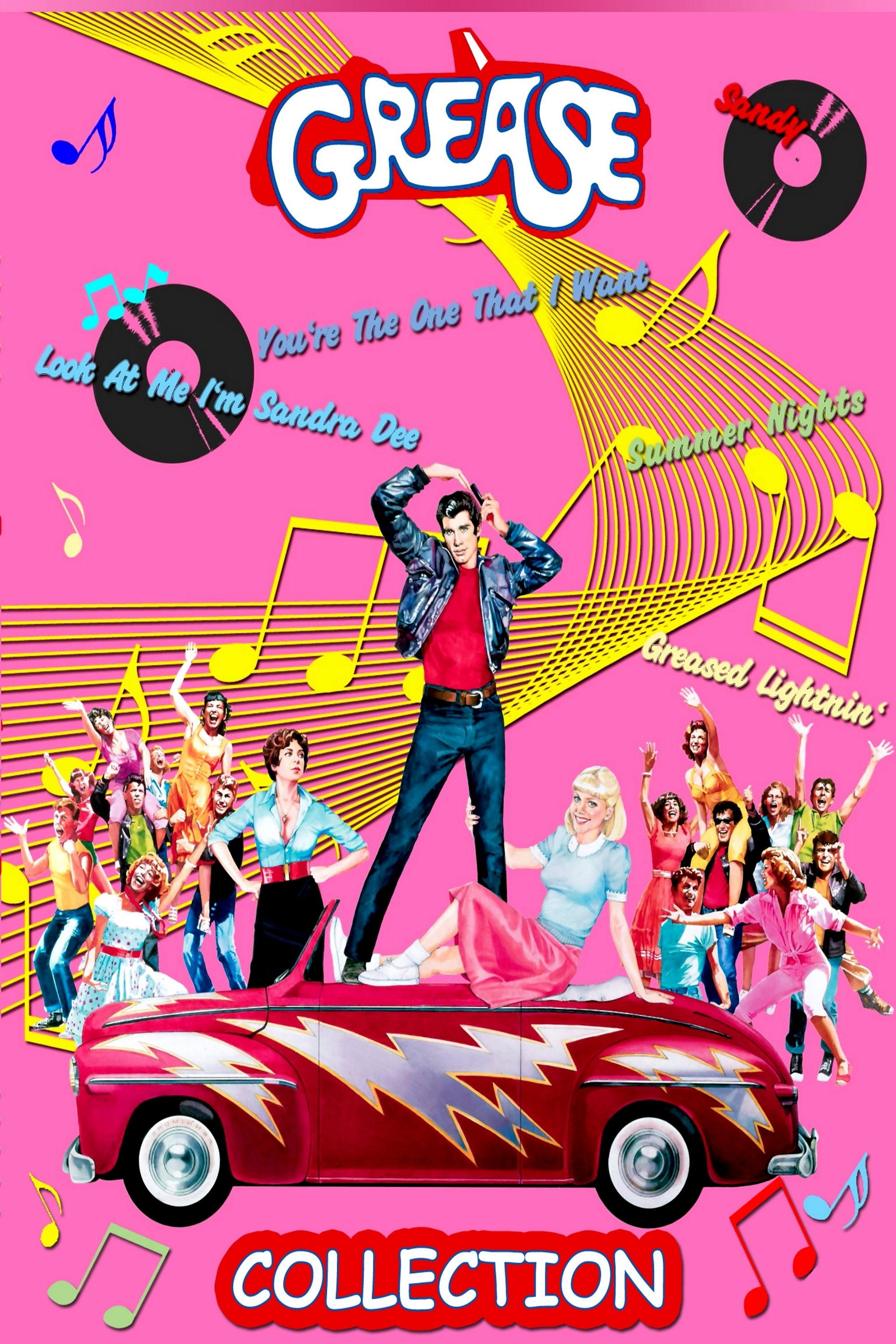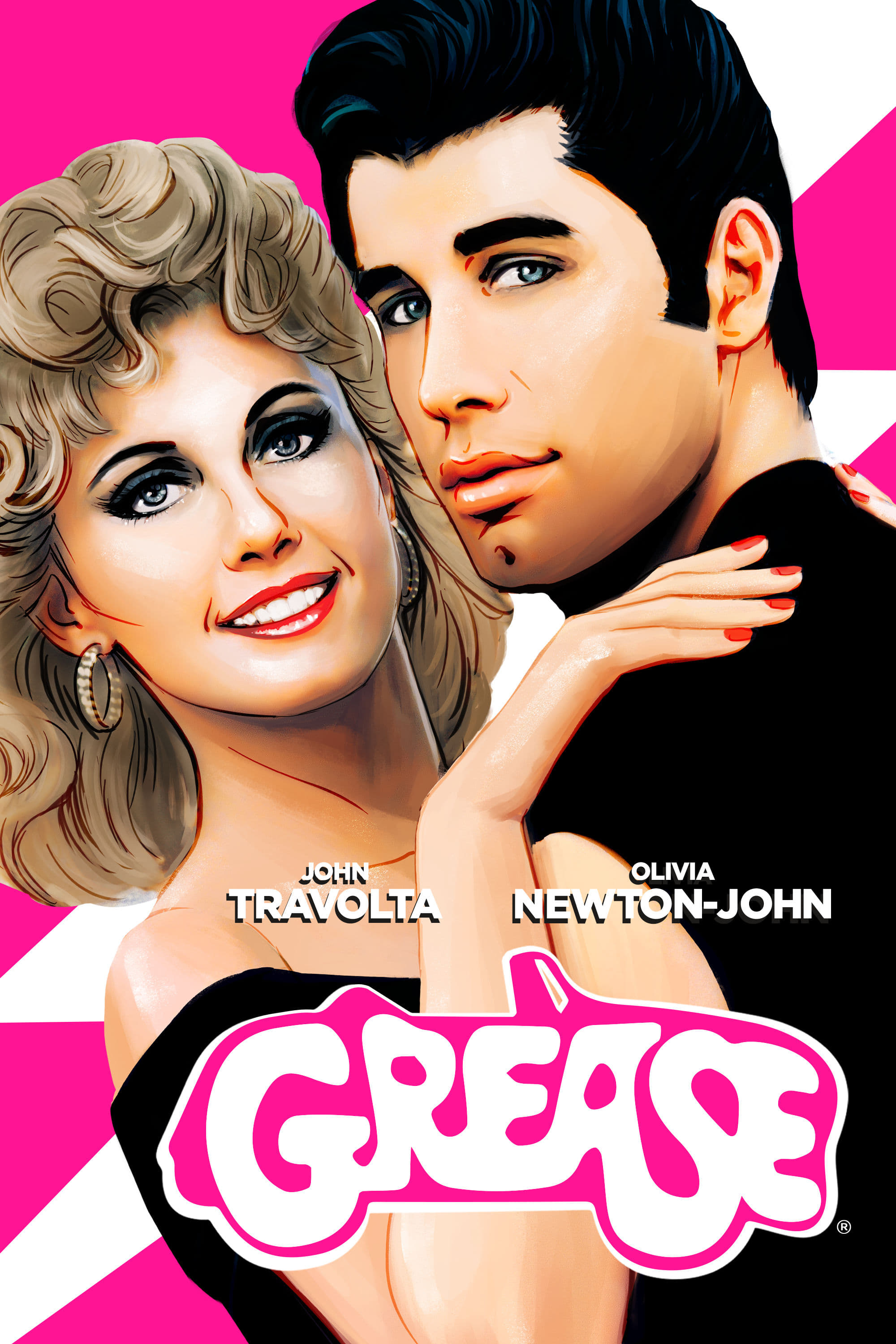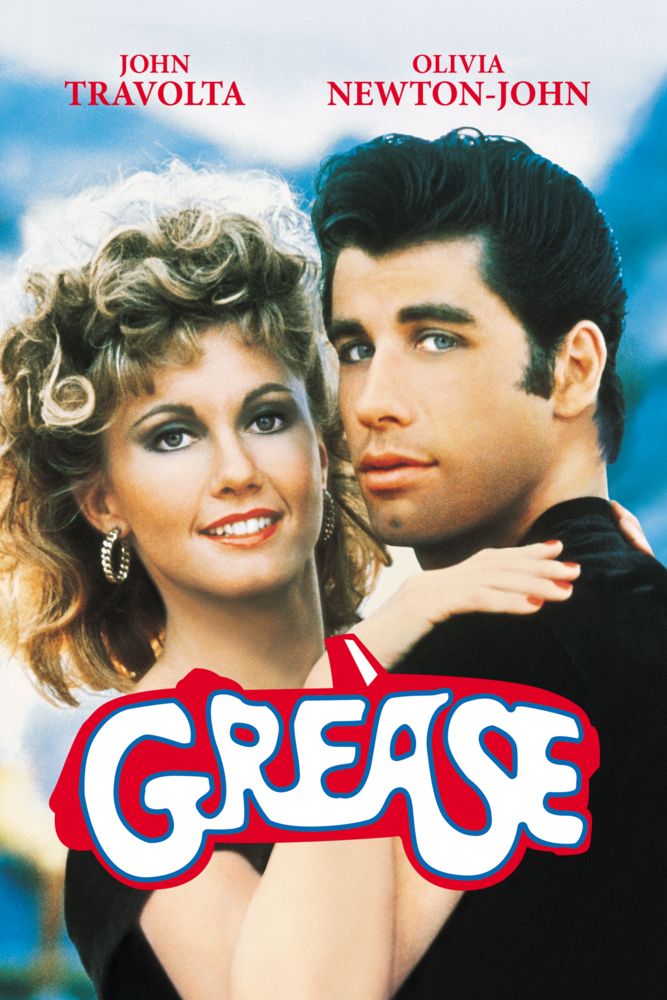Grease Year Made: Unraveling The Iconic Musical's True Birth
Table of Contents
- The Enduring Legacy of Grease: More Than Just a Movie
- Pinpointing the Grease Year Made: The 1978 Film
- The True Genesis: The 1971 Musical Stage Production
- The Narrative Heart: Sandy, Danny, and Rydell High
- Why Grease Resonates: A Timeless Tale of Youth
- Cultural Impact and Box Office Success
- Beyond the Original: Sequels, Revivals, and Spin-offs
- The Undeniable Charm of Grease: A Cultural Phenomenon
The Enduring Legacy of Grease: More Than Just a Movie
Before we dive into the specific "grease year made" dates, it's essential to acknowledge the monumental impact *Grease* has had on popular culture. It's more than just a film or a musical; it's a cultural touchstone that defines an era, even if seen through a nostalgic, romanticized lens. The story of good girl Sandy Olsson and greaser Danny Zuko, who fell in love over the summer, resonated deeply with audiences worldwide. Their subsequent discovery that they’re now in the same high school sets the stage for a delightful exploration of friendships, romances, and the adventures of a group of high school kids in the 1950s. This vibrant world, filled with singing and dancing, has become synonymous with youthful exuberance and the eternal quest for identity and belonging. The enduring appeal lies in its relatable themes, catchy music, and memorable characters, ensuring that new generations continue to discover and fall in love with Rydell High.Pinpointing the Grease Year Made: The 1978 Film
When most people refer to *Grease*, they are almost certainly thinking of the iconic 1978 American musical romantic comedy film. This is the version that brought the story to a global audience, starring Olivia Newton-John as Sandy and John Travolta as Danny. The film was a massive box office success and became a cultural phenomenon, forever etching its songs and characters into the public consciousness. This particular "grease year made" marked a pivotal moment in cinematic history, transforming a successful stage production into an even more colossal screen triumph.Randal Kleiser's Vision and Paramount Pictures
The 1978 film, often known simply as *Grease 1*, was directed by Randal Kleiser. This marked Kleiser's feature directorial debut, and he brought a fresh, dynamic vision to the project. Produced by Paramount Pictures, a major Hollywood studio, the film benefited from a significant budget and widespread distribution, allowing it to reach an unprecedented number of viewers. Kleiser's direction captured the energetic spirit of the 1950s, blending musical numbers with comedic timing and heartfelt drama. His ability to balance the film's many elements contributed significantly to its widespread appeal and its status as a classic. The collaboration between Kleiser and Paramount Pictures was instrumental in crafting a cinematic experience that transcended its stage origins.The Screenplay and Adaptation Process
The screenplay for the 1978 film was penned by Bronte Woodard, with an adaptation by Allan Carr. It was based on the original 1971 musical by Warren Casey and Jim Jacobs. This adaptation process was crucial in translating the raw, often edgier, stage material into a more polished and broadly appealing cinematic experience. While retaining the core narrative of Sandy and Danny's summer romance and their subsequent reunion at Rydell High, the film version introduced new songs and refined existing ones, creating a more cohesive and commercially viable soundtrack. The visual spectacle, elaborate dance numbers, and star power of its lead actors elevated the story, making the 1978 "grease year made" a landmark event in musical cinema.The True Genesis: The 1971 Musical Stage Production
While the 1978 film is what most people recognize, the true "grease year made" in terms of its original creation dates back seven years earlier. *Grease* began its life as a stage musical in 1971. This is a critical distinction, as the stage version had a different tone and origin story compared to its later cinematic counterpart. It started as a much grittier, more adult-oriented production, reflecting the realities of working-class teenagers in Chicago.Jim Jacobs and Warren Casey: The Creative Minds
The original 1971 musical, titled simply *Grease*, was created by Jim Jacobs and Warren Casey. They wrote the music, lyrics, and the book for the show. Jacobs and Casey drew inspiration from their own experiences growing up in Chicago in the 1950s, aiming to capture the authentic spirit of the greaser subculture. The initial production opened in Chicago before moving to Off-Broadway in New York City, and later to Broadway. This early "grease year made" marked the birth of the characters and the world that would eventually captivate millions. Their vision laid the foundational narrative, introducing characters like Danny Zuko, Kenickie, Rizzo, and Frenchy, and the setting of Rydell High, which would become iconic.From Stage to Screen: The Evolution of Grease
The transition from the 1971 stage musical to the 1978 film involved significant changes. The stage version was generally rawer, with a more cynical edge and some darker themes. When it was adapted for the screen, certain elements were softened, and new songs were added to appeal to a broader audience. For instance, iconic songs like "Hopelessly Devoted to You" and "You're the One That I Want" were written specifically for the movie. This evolution from stage to screen demonstrates how a core concept can be reinterpreted and reimagined for different mediums, each contributing to the overall legacy of *Grease*. The successful movie adaptation solidified the "grease year made" of 1978 as its mainstream arrival, but it was built on the strong foundation laid in 1971.The Narrative Heart: Sandy, Danny, and Rydell High
At its core, regardless of the "grease year made," the story revolves around the classic high school archetypes and their intertwined lives. We are welcomed into the singing and dancing world of *Grease*, the most successful movie musical of its time, primarily through the eyes of Sandy and Danny. Their summer romance at the beach, where they spend time falling in love, is idyllic. But when they discover they’re now in the same high school, Rydell High, their relationship faces the pressures of peer groups and social expectations. Sandy, the sweet and innocent "good girl," struggles to fit into the Pink Ladies' tough exterior, while Danny, the leader of the T-Birds, tries to maintain his cool greaser image. This central conflict, coupled with the myriad subplots involving their friends, creates a rich tapestry of adolescent life, exploring themes of identity, conformity, and rebellion. The timeless appeal of this narrative ensures that the spirit of *Grease* continues to thrive.Why Grease Resonates: A Timeless Tale of Youth
The enduring popularity of *Grease* isn't just about the catchy tunes or the memorable performances; it's about its ability to tap into universal experiences of youth. The film and the musical explore themes that remain relevant across generations: the desire for acceptance, the confusion of first love, the struggle to find one's place, and the bittersweet transition from adolescence to adulthood. The characters, despite their 1950s setting, are deeply relatable. Everyone has experienced the awkwardness of a new school, the pressure to conform, or the thrill of a summer romance. The idealized vision of the 1950s, with its vibrant fashion, rock and roll music, and seemingly simpler times, provides a nostalgic backdrop that adds to its charm. This combination of universal themes and nostalgic appeal ensures that *Grease*, regardless of its "grease year made," remains a beloved piece of entertainment.Cultural Impact and Box Office Success
The 1978 film was an undeniable commercial and cultural juggernaut. It became the highest-grossing musical film of all time upon its release, a record it held for decades. Its soundtrack was equally successful, spawning multiple hit singles and becoming one of the best-selling albums in history. The film's fashion, hairstyles, and slang infiltrated popular culture, influencing trends and becoming a benchmark for 1950s nostalgia. From Halloween costumes to themed parties, the imagery of *Grease* is instantly recognizable. Its success not only cemented the careers of its stars but also revitalized the movie musical genre. The cultural footprint left by the 1978 "grease year made" is immense, demonstrating its power to transcend mere entertainment and become a significant part of global cultural memory.Beyond the Original: Sequels, Revivals, and Spin-offs
The phenomenon of *Grease* didn't stop with the 1978 film. Its immense popularity led to various follow-ups and reinterpretations. A sequel, *Grease 2*, was released in 1982, though it did not achieve the same critical or commercial success as its predecessor. The stage musical has seen numerous revivals on Broadway and in London's West End, as well as countless regional and school productions worldwide, proving its enduring theatrical appeal. Each new production brings a fresh interpretation to the material, introducing the story to new generations of audiences. More recently, the *Grease* universe has expanded with television series and spin-offs, further exploring the lives of the Rydell High students. These continuous iterations highlight the timeless nature of the story and characters, reinforcing the impact of the original "grease year made" in both 1971 and 1978.The Undeniable Charm of Grease: A Cultural Phenomenon
In conclusion, when discussing the "grease year made," it's crucial to differentiate between the original 1971 stage musical and the globally recognized 1978 film. Both are integral to the legacy of *Grease*, each contributing significantly to its status as a cultural icon. The 1971 musical, crafted by Jim Jacobs and Warren Casey, laid the groundwork with its authentic portrayal of 1950s youth culture. The 1978 film, directed by Randal Kleiser and produced by Paramount Pictures, then took that foundation and transformed it into a cinematic masterpiece, bringing the singing and dancing world of *Grease* to millions and becoming the most successful movie musical of its time. The enduring appeal of Sandy Olsson and Danny Zuko's love story, set against the backdrop of Rydell High, continues to captivate audiences. It’s a story about friendships, romances, and the universal adventures of high school kids navigating identity and belonging. Whether you first experienced it on stage or screen, *Grease* remains a vibrant, energetic, and emotionally resonant piece of entertainment that transcends generations. What are your fondest memories of *Grease*? Did you first see the film, or perhaps a stage production? Share your thoughts and favorite moments in the comments below! If you enjoyed this deep dive into the origins of *Grease*, be sure to explore other articles on our site about iconic films and musicals.- Famous People From Allentown Pa
- Purple Wave Auction
- Freehand Los Angeles
- Omnia Las Vegas
- Evermore Orlando Resort

Grease Collection - Posters — The Movie Database (TMDB)

Grease (1978) - Posters — The Movie Database (TMDB)

Grease movie review - MikeyMo